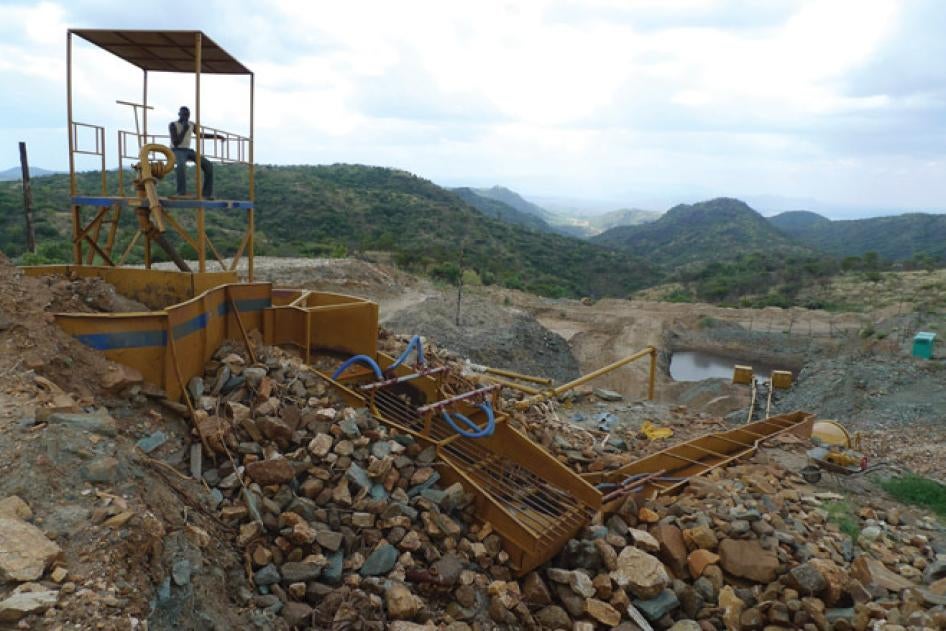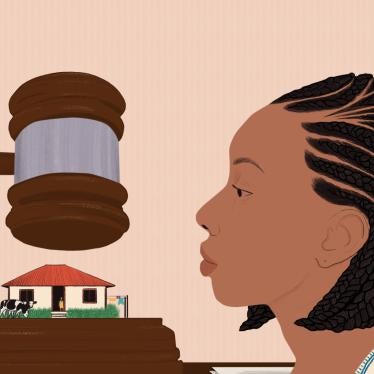Since Uganda’s February 2016 elections, there has been widespread speculation that the government would try to change the constitution to entrench the power of ruling elites. The focus has been the possible removal of presidential age limits, paving the way for President Yoweri Museveni – in power for 31 years – to run again.
But the first proposed constitutional amendment – made public last week – deflects from that controversy. Its impact is just as worthy of criticism and an even more direct assault on rights. It seeks to ease the government’s ability to seize land denying basic rights.
The government argues this will help avoid delays to its infrastructure and investment projects, which can occur when disputes arise during the process of compulsory land acquisition. The constitutional amendment proposes that to speed things up, the government will simply take over the land, determine its value, and remove anyone from the land. If the owner takes issue with the valuation, the government will deposit money for the government-assessed monetary value with the courts and the owner can fight it out there.
For the most Ugandans, wholly dependent on their land for survival, this would be a disaster.
Uganda’s justice system is notoriously slow. Without significant reform, a subsistence farmer could wait years for their day in court, and everyone dependent on that land could well end up starving and homeless in the meantime.
Could the farmer-plaintiff even win such a case in court? Without food, it is extremely unlikely there would be money to afford the long legal battle. Who will pay for the lawyer?
It also remains unclear how the court would be able to “return” land to an owner if a judge rules in the owner’s favor, especially if the government’s investment project had already started.
This amendment means any Ugandans who cannot afford a lawyer faces being forced to accept any money for their land, just to feed their children in the short term. And once they lose their land, they may not be able to feed those children for long. As the Food and Agriculture Organization has said, “if compulsory acquisition is done poorly, it may leave people homeless and landless, with no way of earning a livelihood.”
Uganda’s donors, including the World Bank – often asked to back investment projects – should denounce this latest proposal. They should urge Uganda to ensure that the basic rights of Ugandans are respected and that land acquisitions have meaningful advance consultation, adequate compensation, fair hearings, and a proper appeal mechanism.
Ultimately, the government should listen to this elder from Karamoja in remote northeastern Uganda who told me in 2013, “You can tell whether a government is good by whether they consult us.”








